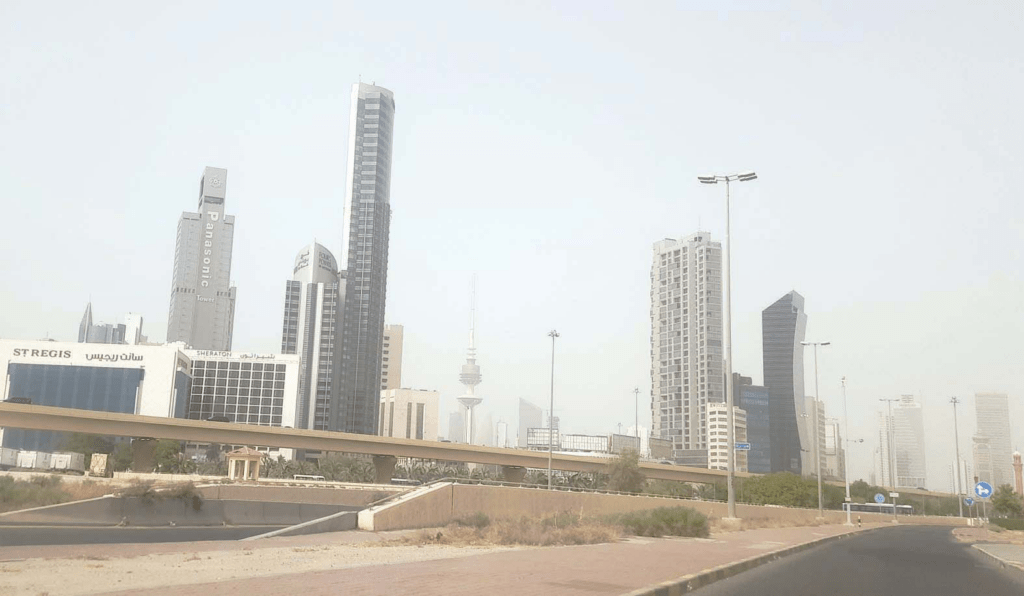07/07/2024
07/07/2024
KUWAIT CITY, July 7: After the Minister of Finance, Dr. Anwar Al-Mudhaf, emphasized on the importance of activating the private sector to diversify sources of income, the Al-Seyassah daily raised several critical issues such as who benefits from the Kuwaiti capital escaping abroad, which some experts estimate at about 20 billion dinars by the end of 2024.

The question arises, ‘Can lifting subsidies on water, electricity, and land from private companies exacerbate the crises in Kuwait’s industrial sector, thereby negatively affecting the policy of diversifying income sources? Another pressing question is how long the slogan “Made in Kuwait” will remain merely ‘ink on paper’ for local consumption as some call it?
Housing expert and businessman Khaled Al-Enezi expressed regret over the Kuwaiti private investors ‘fleeing’ abroad, which are projected to reach about 20 billion dinars by the end of 2024. He attributed this capital migration to bureaucracy and said he was considering the option of investing in Saudi Arabia due to lower rents for industrial and commercial plots. In Saudi Arabia, renting 10,000 meters costs 160 dinars per month, while a 25-meter shop rents for around 60 dinars. In contrast, Kuwait sees demands for increased fees on industrial and commercial lands and even suggestions to lift support from the private sector. Al-Enezi called on the government, in its new reform era, to accelerate the implementation of plans aimed at diversifying income sources by encouraging local private sector investment in Kuwait.
Diversifying sources of income, he said, requires reducing the public sector’s dominance over the national economy, which heavily relies on oil, constituting nearly 90% of the state’s resources. He emphasized the need to stimulate the private sector by facilitating access to necessary financing and land for industrialists and eliminating bureaucracy, which is a primary reason for Kuwaiti capital moving abroad.
He also highlighted the importance of implementing slow development plans to support this goal. He emphasized that the slow implementation of the state’s development plans negatively affects the private sector, especially the contracting sector. The failure to release sufficient land by the Public Authority for Industry increases the cost of leasing industrial land, negatively impacting revenues and pushing many Kuwaiti manufacturers to neighboring countries to implement their projects.
By Najeh Bilal
Al-Seyassah/Arab Times Staff


